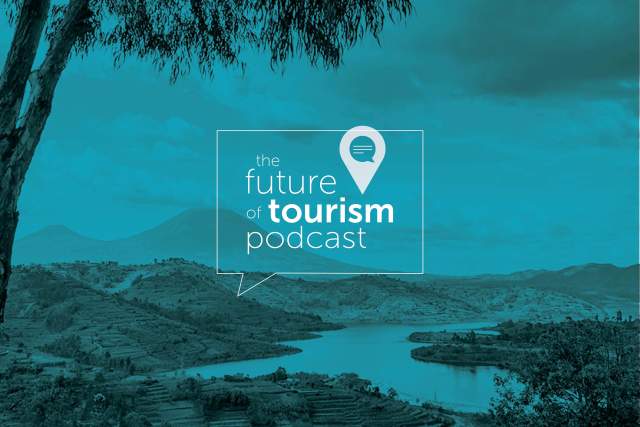We often ask whether one person can really make a difference — for the environment, for climate change, and for the community. My answer unequivocally is yes. There are many great examples, but today I want to talk about one young man from Kampala, Uganda, who inspires me.
When it comes to emerging leadership in tourism, Queensland, Australia, has its Young Tourism Leaders Program; Phocuswright its Young Leaders Summit; Destinations International’s 30 Under 30 program; and European Cities Marketing has its annual ECM Summer School, to name but a few.
We have all sorts of reasons as businesses and industries for investing in youth development. That includes helping young leaders hone their tactical abilities or build the emotional intelligence needed to be the leaders and change-makers of the future.
Many of our programs that recognize and nurture young leadership occur inside enterprises and organizations. In this week’s episode of the Future of Tourism, I talk with a young entrepreneur who is just out there, often on his own, making a huge difference because of his own personal philosophy, because of his commitment to his core values and principles, and because of his love of travel and the opportunity travel presents to make the world a better place through the sharing of authentic cultures and experiences.
Keneth J. Hafasha is an inspiration. At only 28 years old, he lives in Kampala in Central Uganda and is a true believer in the restorative capability of tourism. As well — and this is the most striking thing you notice when you first meet Keneth — he’s one of the most genuinely happy people you will ever meet.
Keneth loves what he does, and what he does is this: inspired by the work of his professors at Kampala University, he runs Kenlink Tours & Travel, an immersive, sustainable and regenerative tour company that brings people and gorillas in the wild together in a way that moves many to tears. Beyond that, the tour company gives 30 percent of its profit to making his community a better place. That’s right, 30 percent of profits go toward raising orphan children in the villages around the national parks and creating legacy value improvements in those villages and parks.
One person, one small but impressive enterprise making a real sustainable and regenerative difference through tourism.

